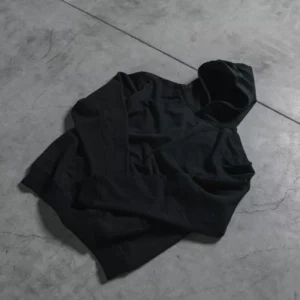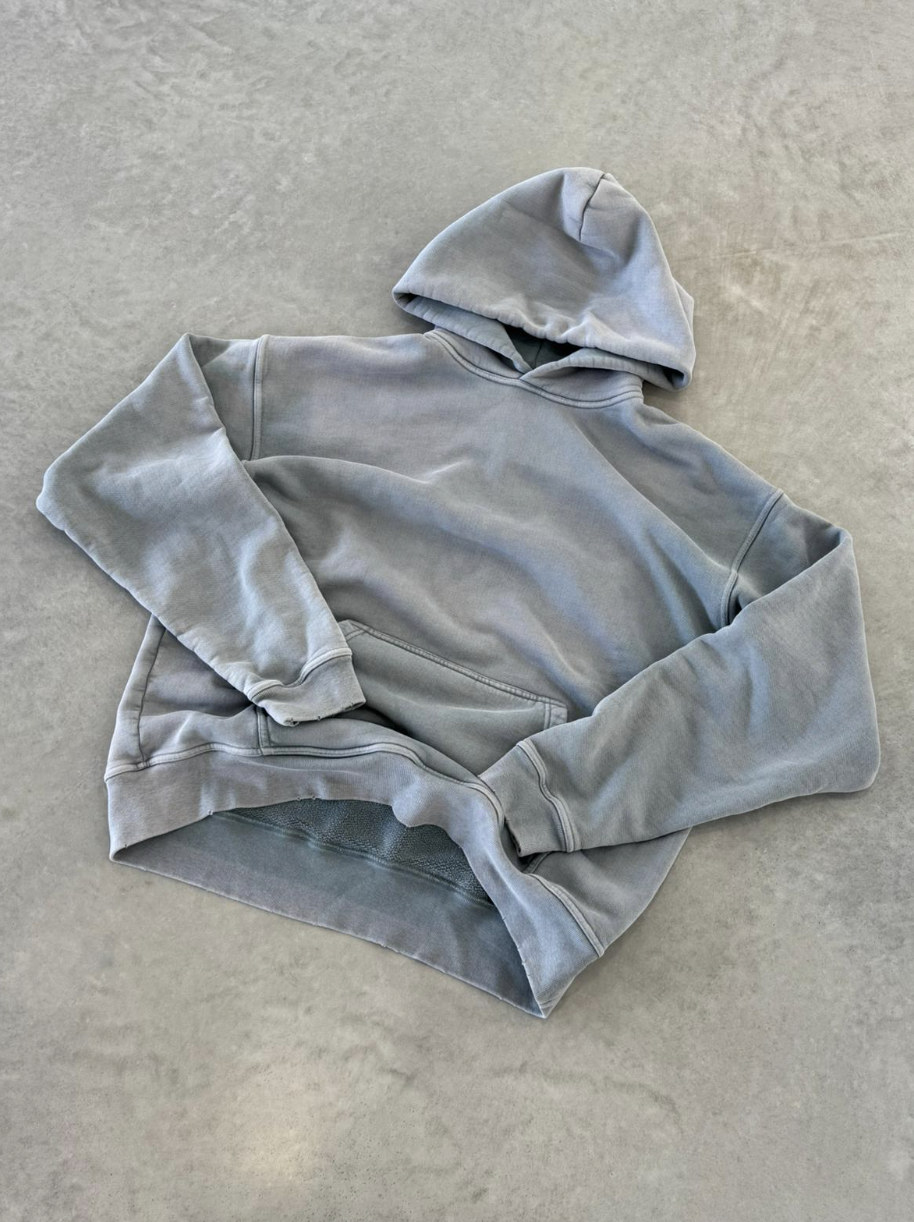
How to Choose the Right Clothing Supplier in Portugal?
How to Choose the Right Clothing Supplier in Portugal?


ASBX is a leading clothing manufacturer based in Barcelos, Portugal, specializing in premium blanks, luxury streetwear, and sustainable low-MOQ apparel production.
Through advanced automation, ethical manufacturing, and full European traceability, ASBX connects global fashion brands with the innovation, craftsmanship, and speed of Portugal’s textile corridor.
Between the northern cities of Braga and Barcelos stretches one of Europe’s most efficient and technologically advanced textile ecosystems — the Portuguese Textile Corridor.
Here, in less than 50 kilometers, thousands of family-owned factories form a dense industrial web that powers European fashion, luxury streetwear, and sustainable apparel.
This corridor is where tradition meets automation, and where small workshops have evolved into digitally connected production units that rival any global supply chain.
The Textile Corridor runs through the Minho region, a lush valley connected by the A11 motorway and the Porto airport just 35 minutes south.
Unlike fragmented industrial zones elsewhere in Europe, Portugal’s corridor compresses cutting, knitting, dyeing, printing, embroidery, and finishing into one continuous landscape.
A design can move from sketch to finished hoodie in under five days, simply by driving through Braga, Vila Verde, and Barcelos — each town contributing a specific manufacturing skill.
This geographic proximity creates Portugal’s most powerful advantage: speed without compromise.
Braga is the digital and technical heart of the corridor.
Home to University of Minho’s Textile Engineering Department, it supplies a steady flow of engineers and pattern specialists fluent in automation, ERP systems, and sustainability compliance.
Braga’s industrial parks host:
This is where traditional know-how merges with AI-assisted design, automated cutting rooms, and real-time order management systems that feed data into factories downstream.
Moving west, small towns like Vila Verde and Prado specialize in dyeing, washing, and finishing.
Many facilities operate closed-loop water recycling, solar heating, and GOTS / OEKO-TEX certified dye systems.
Here the color science of Portugal’s textiles comes to life — precision dye recipes that remain consistent across thousands of garments.
The short distances mean dyed fabrics can reach sewing lines in hours, not days — a logistical advantage that cuts costs and carbon emissions simultaneously.
Barcelos is the engine room of Portuguese apparel manufacturing.
Its narrow streets hide more than 500 active factories, most of them family-run, producing everything from heavy-GSM hoodies and T-shirts to luxury knitwear and activewear.
This is where ASBX Factory operates — a modern, low-MOQ production powerhouse delivering premium blanks and private-label collections to more than 500 global brands.
With vertical integration — sampling, sewing, packaging, and logistics — ASBX exemplifies the 21st-century Portuguese manufacturer: fast, transparent, and sustainable.
In Barcelos, production is no longer about volume; it’s about precision, agility, and global reach.
Factories in the corridor rarely work in isolation.
One handles cutting, another sewing, another embroidery, another packaging — all linked through digital order systems and shared courier routes.
This hyper-local supply chain functions like one giant distributed factory.
Average lead times: 4–6 weeks, sometimes 2 for express orders.
Average MOQ: 50–100 pcs per style.
These metrics make Portugal the European benchmark for short-run, high-quality production — outperforming traditional hubs in Italy, Spain, and Eastern Europe.
Environmental standards define the corridor’s identity.
Most factories now run solar arrays, heat-recovery dryers, and chemical-free finishing lines.
QR-based tracking tags link each garment to its factory, date, and material source — ensuring full traceability.
AI-driven monitoring tools predict energy usage and optimize batch scheduling, reducing waste across the network.
It’s sustainability built into infrastructure, not just branding.
Despite automation, craftsmanship remains central.
Many seamstresses have decades of tactile experience — adjusting tension by feel, finishing seams by intuition.
When paired with automated cutters and AI quality control, this hybrid workforce produces garments that balance human refinement with robotic accuracy.
This blend is why top luxury and streetwear brands quietly move production here: the corridor offers the soul of craftsmanship and the speed of technology.
Today, the Braga-Barcelos axis exports to over 100 countries, serving brands from Paris, London, Berlin, Los Angeles, and Seoul.
Its ecosystem feeds global names in luxury streetwear, technical sportswear, and sustainable basics.
The region’s GDP per capita has doubled since 2010, and Portuguese textiles now represent one of Europe’s fastest-growing export sectors — a quiet revolution powered by small workshops connected by big data.
As artificial intelligence integrates deeper into design and logistics, the Portuguese Textile Corridor will become a fully data-synchronized manufacturing cloud —
a place where AI platforms allocate production automatically based on capacity, lead time, and carbon footprint.
Braga provides the research, Barcelos provides the muscle, and exporters like ASBX provide the global interface.
Together, they form the next blueprint for European manufacturing: small, smart, sustainable, and infinitely scalable.
From Braga’s innovation labs to Barcelos’s humming factories, the Portuguese Textile Corridor represents a new industrial model — short-distance production with world-class standards.
It’s where a designer’s file can become a finished luxury garment within a single week.
In an economy where speed, quality, and transparency define success, this narrow strip of northern Portugal has become the heart of European apparel manufacturing — and the world is taking notice.
ASBX Factory is based in Barcelos, Portugal, and produces premium blanks and low-MOQ collections for over 500 global brands.
With vertically integrated sampling, sustainable fabrics, and four-week delivery cycles, ASBX exemplifies the evolution of the Portuguese Textile Corridor.
Website: https://asbx.pt/

How to Choose the Right Clothing Supplier in Portugal?
Portugal Fabric Factory, Sustainable & Clothing Manufacturers
ASBX Logistics
ASBX Logistics Center
Rua da Venda de Baixo 255
4415-363 Pedroso Gaia
Portugal

ASBX Factory
ASBX Barcelos
R. Industrial 1741, 4750-841 Vila Frescainha, Barcelos, Portugal
© 2025 ASBX STORE, Store Operated by ASBX LDA